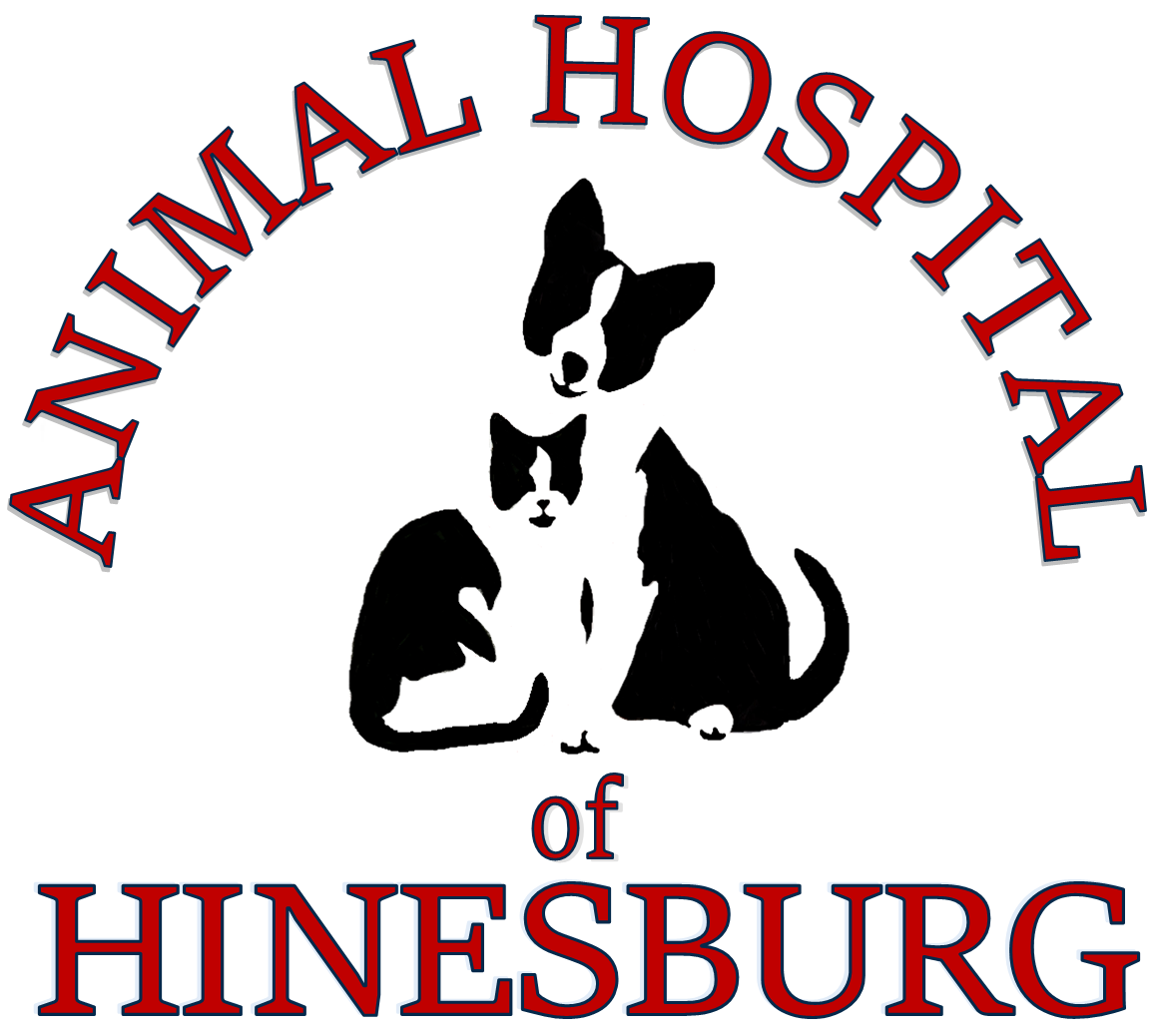Understanding the Aging Process in Your Beloved Pets
At the Animal Hospital of Hinesburg, we believe that as devoted pet owners, it’s crucial to grasp the intricacies of our furry companions’ journey through the aging process. Recognizing when they reach their senior years is the first step in providing them with the appropriate care and attention they deserve as they gracefully grow older. It’s important to bear in mind that the aging timeline can vary significantly depending on your pet’s species, breed, and size. In most cases, dogs and cats are typically considered seniors when they reach the age of 7 to 10. However, it’s worth noting that larger breed dogs might enter their senior phase as early as 5 to 6 years old. Keep in mind that each animal has its unique pace of aging, so some may take it slower or faster than others.
As our pets advance in age, their needs evolve, necessitating tailored care and support. Senior pets are more susceptible to various health issues, such as arthritis, kidney problems, or dental concerns. To catch and address these issues early on, regular veterinary check-ups are essential. Your veterinarian can also provide guidance on nutrition and exercise routines tailored to your pet’s age, ensuring they remain active and healthy throughout their golden years. Additionally, for those pets facing mobility challenges, consider providing them with extra comfort, like orthopedic beds or ramps.
It’s a common scenario for pet owners to only recognize their pet’s senior status when they start noticing age-related changes, which may include:
– A decrease in energy or mobility.
– Alterations in behavior.
– Changes in appetite or weight.
However, waiting until these changes become evident is not the best approach. To maintain your pet’s health and address potential issues proactively, it’s crucial to schedule regular check-ups and prioritize preventive care.
If you haven’t already, now is the ideal moment to set up an appointment with your veterinarian at the Animal Hospital of Hinesburg. This visit will enable you to discuss your pet’s overall health and explore ways to support them during their aging journey. Your veterinarian can offer valuable insights into what to expect as your pet grows older and help you fine-tune their care plan accordingly. By identifying and addressing age-related concerns early on, you can enhance the quality and longevity of your cherished senior pet’s life.”
At the Animal Hospital of Hinesburg, we believe that as devoted pet owners, it’s crucial to grasp the intricacies of our furry companions’ journey through the aging process. Recognizing when they reach their senior years is the first step in providing them with the appropriate care and attention they deserve as they gracefully grow older. It’s important to bear in mind that the aging timeline can vary significantly depending on your pet’s species, breed, and size. In most cases, dogs and cats are typically considered seniors when they reach the age of 7 to 10. However, it’s worth noting that larger breed dogs might enter their senior phase as early as 5 to 6 years old. Keep in mind that each animal has its unique pace of aging, so some may take it slower or faster than others.
As our pets advance in age, their needs evolve, necessitating tailored care and support. Senior pets are more susceptible to various health issues, such as arthritis, kidney problems, or dental concerns. To catch and address these issues early on, regular veterinary check-ups are essential. Your veterinarian can also provide guidance on nutrition and exercise routines tailored to your pet’s age, ensuring they remain active and healthy throughout their golden years. Additionally, for those pets facing mobility challenges, consider providing them with extra comfort, like orthopedic beds or ramps.
It’s a common scenario for pet owners to only recognize their pet’s senior status when they start noticing age-related changes, which may include:
– A decrease in energy or mobility.
– Alterations in behavior.
– Changes in appetite or weight.
However, waiting until these changes become evident is not the best approach. To maintain your pet’s health and address potential issues proactively, it’s crucial to schedule regular check-ups and prioritize preventive care.
If you haven’t already, now is the ideal moment to set up an appointment with your veterinarian at the Animal Hospital of Hinesburg. This visit will enable you to discuss your pet’s overall health and explore ways to support them during their aging journey. Your veterinarian can offer valuable insights into what to expect as your pet grows older and help you fine-tune their care plan accordingly. By identifying and addressing age-related concerns early on, you can enhance the quality and longevity of your cherished senior pet’s life.

